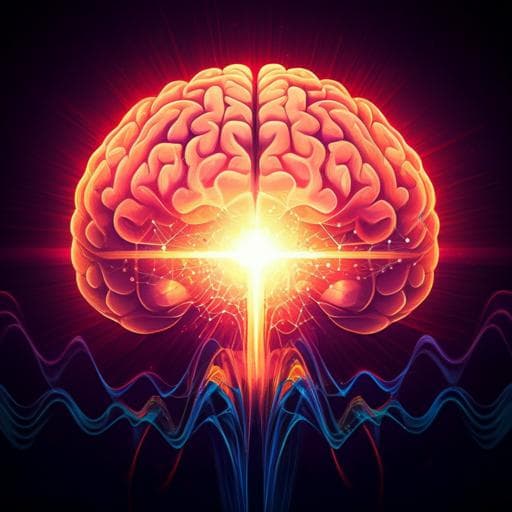
Psychology
Home-based transcranial direct current stimulation treatment for major depressive disorder: a fully remote phase 2 randomized sham-controlled trial
R. D. Woodham, S. Selvaraj, et al.
Discover how a 10-week home-based tDCS treatment significantly alleviated depressive symptoms in 174 participants as evidenced in a randomized trial. Conducted by a team of researchers from the University of East London and McGovern Medical School, the study showcases high efficacy and safety, heralding a new approach to managing Major Depressive Disorder.
Related Publications
Explore these studies to deepen your understanding of the subject.







